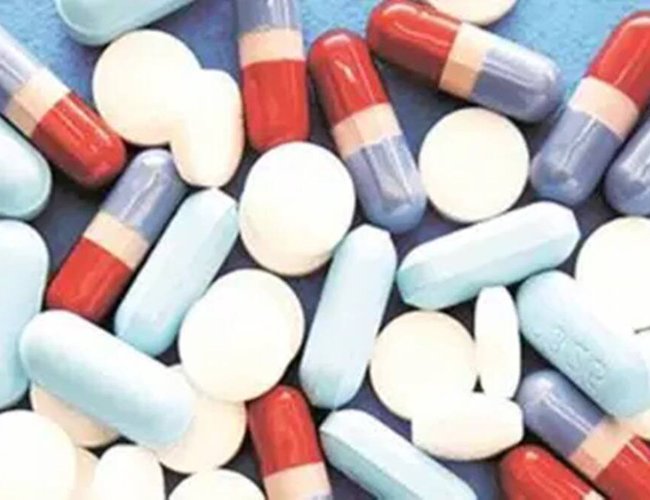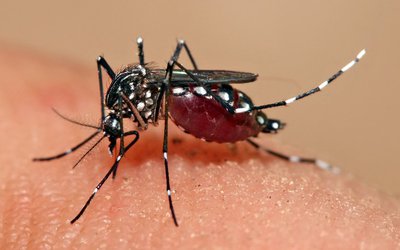
A study conducted in India shows that treatment with Favipiravir has led to significant improvement in the time taken for the infection to be cured, as per results of the first-ever randomised controlled trial of the drug.
Favipiravir, an oral antiviral drug approved for the treatment of Covid-19 in Japan and China, may be safe and effective for mild to moderate cases. Treatment with this drug has led to significant improvement in the time taken for the infection to be cured, as per results of the first-ever randomised controlled trial of the drug.
The Phase III study has been published in the International Journal of Infectious Diseases. Dr Zarir Udwadia, consultant chest physician at Mumbai’s P D Hinduja Hospital and Research Centre and main author of the study, said the results showed that early treatment with favipiravir might be associated with more rapid viral clearance.
Numerous antivirals, immune therapies, and vaccines are being investigated to combat this global health crisis. However, to date, only some have demonstrated efficacy in randomised and controlled clinical trials for the treatment or prevention of Covid-19.
Favipiravir was found to be safe and well tolerated in this study funded by Glenmark Pharmaceuticals Limited. The study found that early administration of oral favipiravir may reduce the duration of clinical signs and symptoms in patients with mild to moderate Covid-19, and significantly, decrease time for clinical cure.
Favipiravir is an oral RNA-dependent RNA polymerase inhibitor, and the drug is under investigation in many countries for the treatment of Covid-19.
From May 14 to July 3, 150 patients were randomised to favipiravir (n=75) or control (n=75) in this randomised, open-label, parallel-arm, multicentre, Phase III trial.
Adults (18 to 75 years) with RT-PCR-confirmed Covid-19 and mild-to-moderate symptoms (including asymptomatic) were randomised 1:1 to oral favipiravir plus standard supportive care versus supportive care alone. “The primary endpoint was time to cessation of viral shedding; time to clinical cure also was measured,” Dr Udwadia said.
The median time to clinical cure of three days in the favipiravir group was 40 per cent faster than in the control arm (five days) and within the range considered clinically relevant for antiviral therapy.
The primary endpoint of median time to RT-PCR negativity was 28.7 per cent earlier for favipiravir plus standard supportive care compared with supportive care alone.
The median time to cessation of oral shedding of the novel coronavirus was five days in the favipiravir group compared with seven days in the control group.
Dr Udwadia said availability of an effective oral antiviral like favipiravir would allow for earlier administration in patients mildly to moderately symptomatic but not severely ill requiring hospitalisation.
Study researchers also said availability of an oral medication was also expected to improve patient compliance and reduce burden on already stressed healthcare systems.
There were no adverse events leading to drug discontinuation or change in dosing regimen; a single patient in the control group experienced an SAE, acute respiratory distress syndrome, which led to death.
- Nepal Airlines Corporation in 67 years
- Jul 01, 2025
- Johannes Zutt Appointed World Bank Vice President for South Asia
- Jul 01, 2025
- Weather Forecast: Generally Cloudy With Heavy Rainfall Is Likely In One Or Two Places Of Kathamndu Valley, Madhesh And Koshi Province
- Jul 01, 2025
- The Situation Pushes Women Journalists To Speak Louder, Experts Emphasize
- Jun 30, 2025
- SPI NEPAL: Prosperity Through Clean Energy
- Jun 30, 2025















